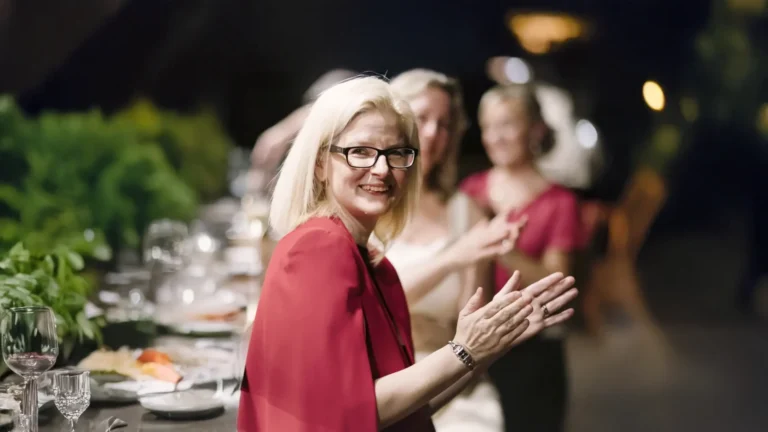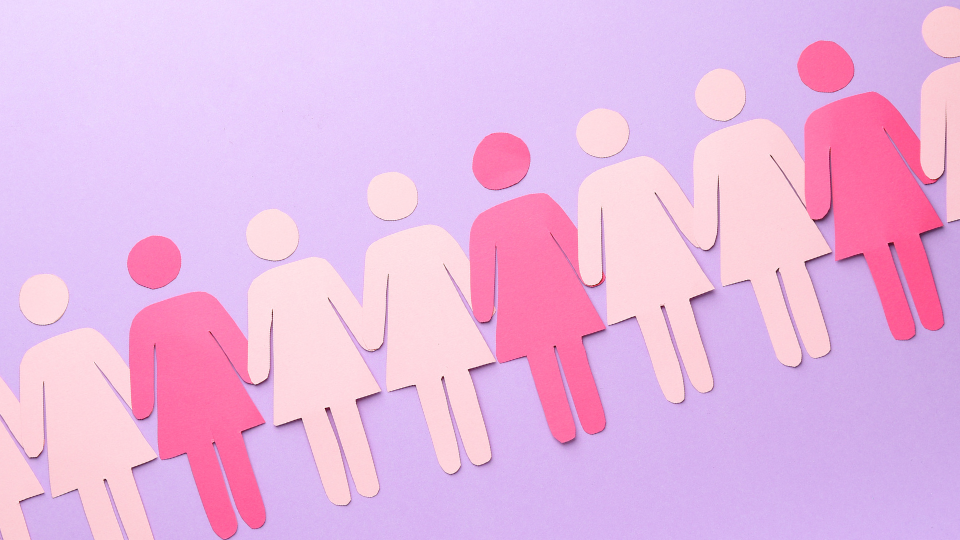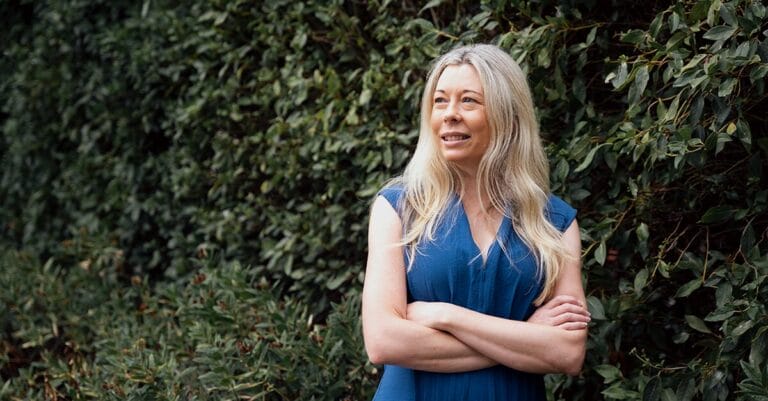

Darshana Parekh, Legal Counsel and Head of Partnerships at Cultivate Sponsorship, attributes the lack of female talent progression in modern agile organizations to two primary causes – structural and behavioral.
“The barriers to female talent progression are based on both structural and behavioral patterns,” she says. “Structural represents the workforce which in general is made by men for men. We’ve got workplaces that are equal, but the equal standard is that of an equal man. It’s not equality based on the person; it’s based on the standard of a man.”
For instance, the structure of a working week or expectations and presumptions made about women by leadership, either consciously or unconsciously, could be creating situations in which female employees are unable to thrive and see their pathways to success diminish.
Meanwhile, behavioral includes proximity to leadership and lack of visibility.
“There’s a level of proximity that is a barrier to female progression, and by that I mean the proximity to leadership and visibility,” says Parekh. “The closer you are to the CEO’s office, the closer you are to a leader, and the closer you are to being visible to a leader. Usually that visibility is pretty much what entrenches the next steps for these key people who are lined up in a particular office environment.”
When these two patterns coalesce, it can create an environment where female colleagues and staff become disenfranchised.
“You end up with this process where people say to themselves, ‘This doesn’t work for me, you’re not listening to my needs so I’m just going to do the basics or maybe a bit less if I can get away with it because I know I won’t be promoted.’ Or ‘I know I won’t get the progression because you’ve made it really clear you want me to work in a way that does not accommodate my needs.'”
Parekh believes one of the best possible antidotes to these types of situations could be sponsorship. “Sponsorship is far more an equitable act than it is an act of equality. The female sponsee is already hard working, already qualified, and has made her mark on the world. But for whatever reason she has been left behind.
“The sponsor then has to think about how they can make this person visible and put their own social capital on the line in doing so. That creates visibility and proximity to leadership that can have a tangible impact on a person’s career. It’s not just the person putting their hand up to say, ‘I think I’m ready for this,’ it’s a person putting their hand up to say, ‘I’m ready for this.’ There’s also a business leader behind them saying, ‘Yes, I think this person is ready and you should seriously consider them.'”
Building a more equal and equitable workforce is an arduous task requiring considerable effort. But actions such as sponsorship can go a long way to making a difference.


